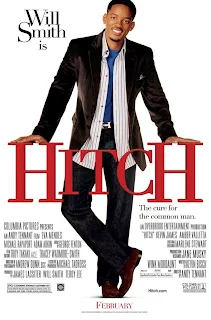Will Rogers (1879-1935)
Will Rogers (November 4, 1879 – August 15, 1935) was an American cowboy, vaudeville performer, humorist, social commentator and motion picture actor. He was one of the world's best-known celebrities in the 1920s and 1930s.
Known as Oklahoma's favorite son, Rogers was born to a prominent Cherokee Nation family in Indian Territory (now part of Oklahoma). He traveled around the world three times, made 71 movies (50 silent films and 21 "talkies"), wrote more than 4,000 nationally-syndicated newspaper columns, and became a world-famous figure. By the mid-1930s, Rogers was adored by the American people. He was the leading political wit of the Progressive Era, and was the top-paid Hollywood movie star at the time. Rogers died in 1935 with aviator Wiley Post, when their small airplane crashed in Alaska.
His vaudeville rope act led to success in the Ziegfeld Follies, which in turn led to the first of his many movie contracts. His 1920s syndicated newspaper column and his radio appearances increased his visibility and popularity. Rogers crusaded for aviation expansion, and provided Americans with first-hand accounts of his world travels. His earthy anecdotes and folksy style allowed him to poke fun at gangsters, prohibition, politicians, government programs, and a host of other controversial topics in a way that was readily appreciated by a national audience, with no one offended. His aphorisms, couched in humorous terms, were widely quoted: "I am not a member of an organized political party. I am a Democrat."
Rogers even provided an epigram on his most famous epigram:
When I die, my epitaph, or whatever you call those signs on gravestones, is going to read: "I joked about every prominent man of my time, but I never met a man I dident like." I am so proud of that, I can hardly wait to die so it can be carved.
Quotes·Quotations by Will Rogers
Art
¶ See what will happen if you don't stop biting your fingernails? [to his niece on seeing the Venus de Milo]
Education
¶ Why don't they pass a constitutional amendment prohibiting anybody from learning anything? If it works as well as prohibition did, in five years Americans would be the smartest race of people on Earth.
Life
¶ Do the best you can, and don't take life too serious.
¶ You've got to go out on a limb sometimes because that's where the fruit is.
Star
¶ I'm not a real movie star. I've still got the same wife I started out with twenty-eight years ago.
Worry
¶ Worrying is like paying on a debt that may never come due.
http://en.wikipedia.org/wiki/Will_Rogers
http://en.wikipedia.org/wiki/Will_Rogers
Images
Wikimedia Commons













